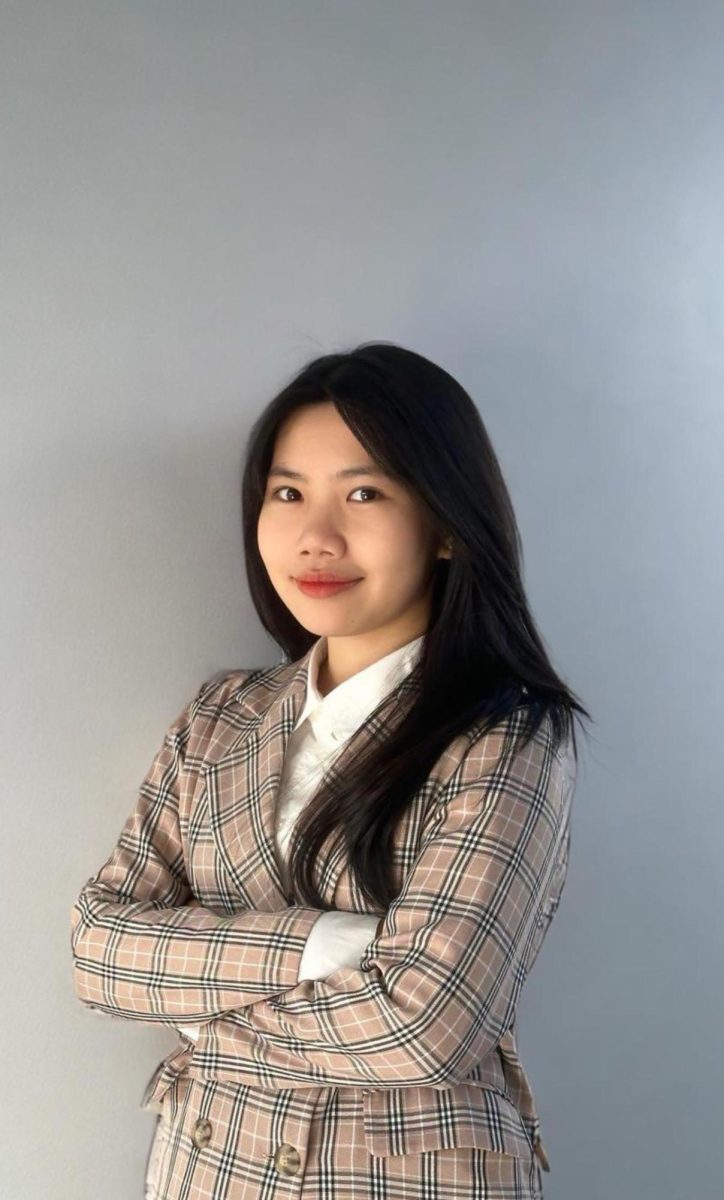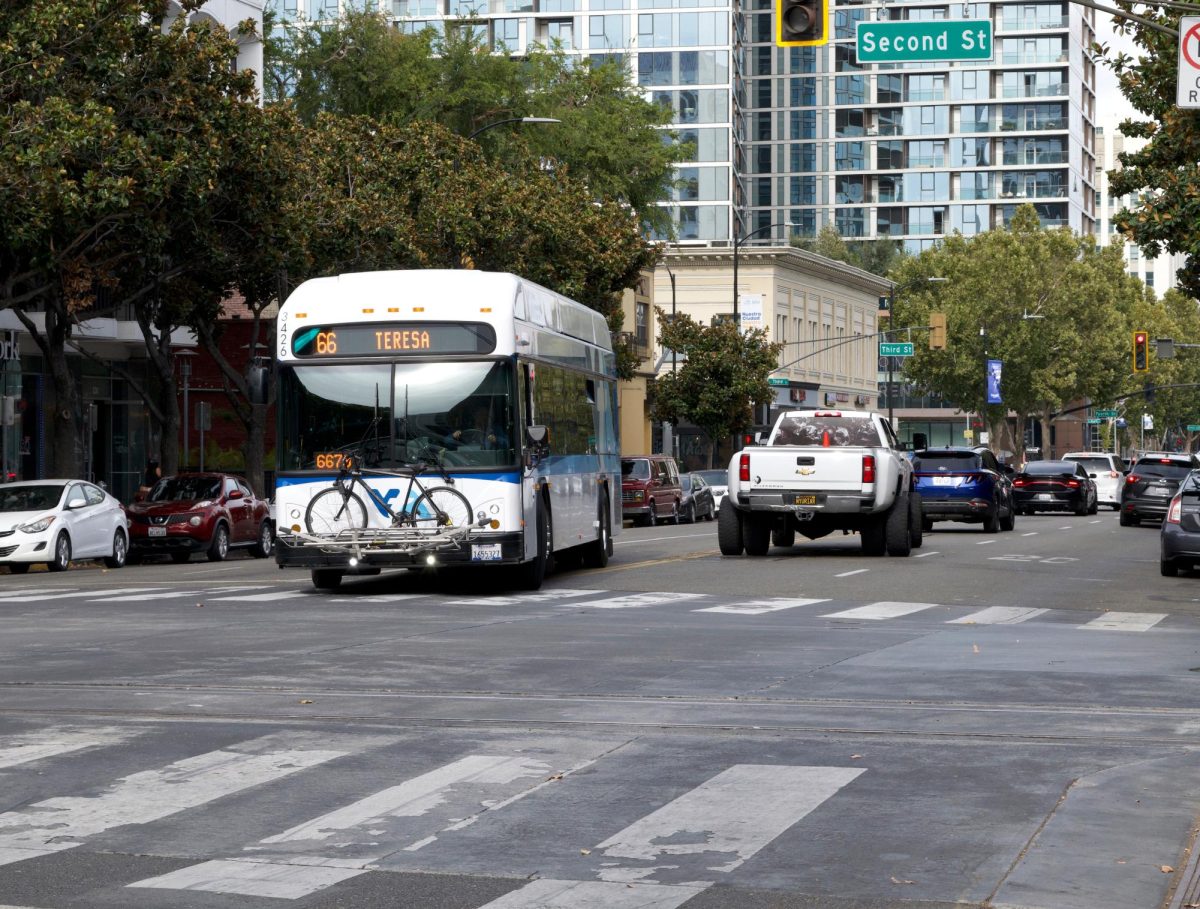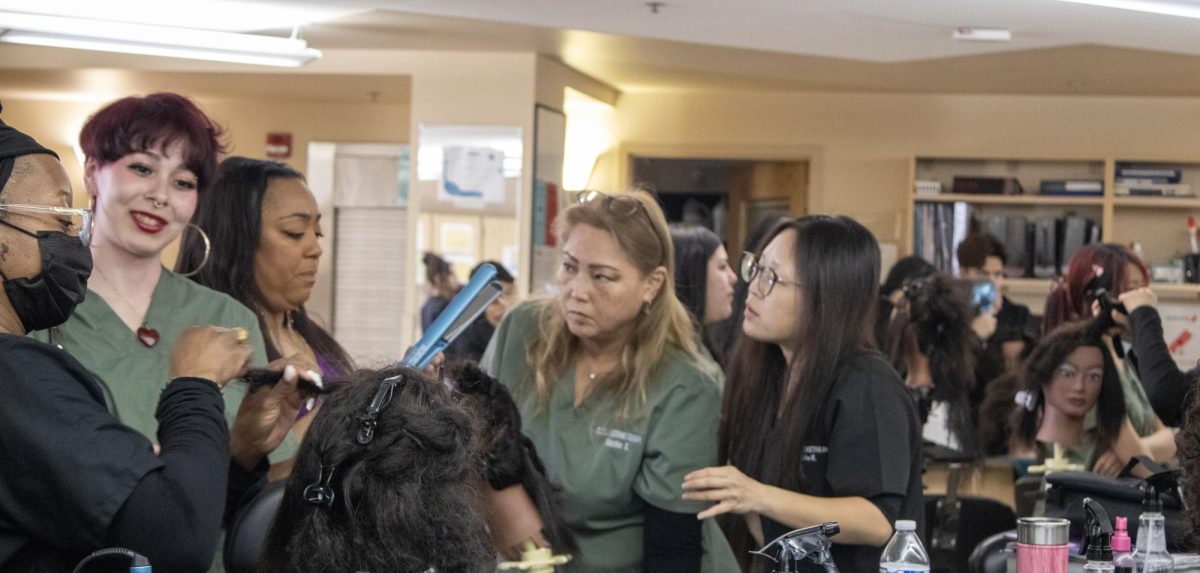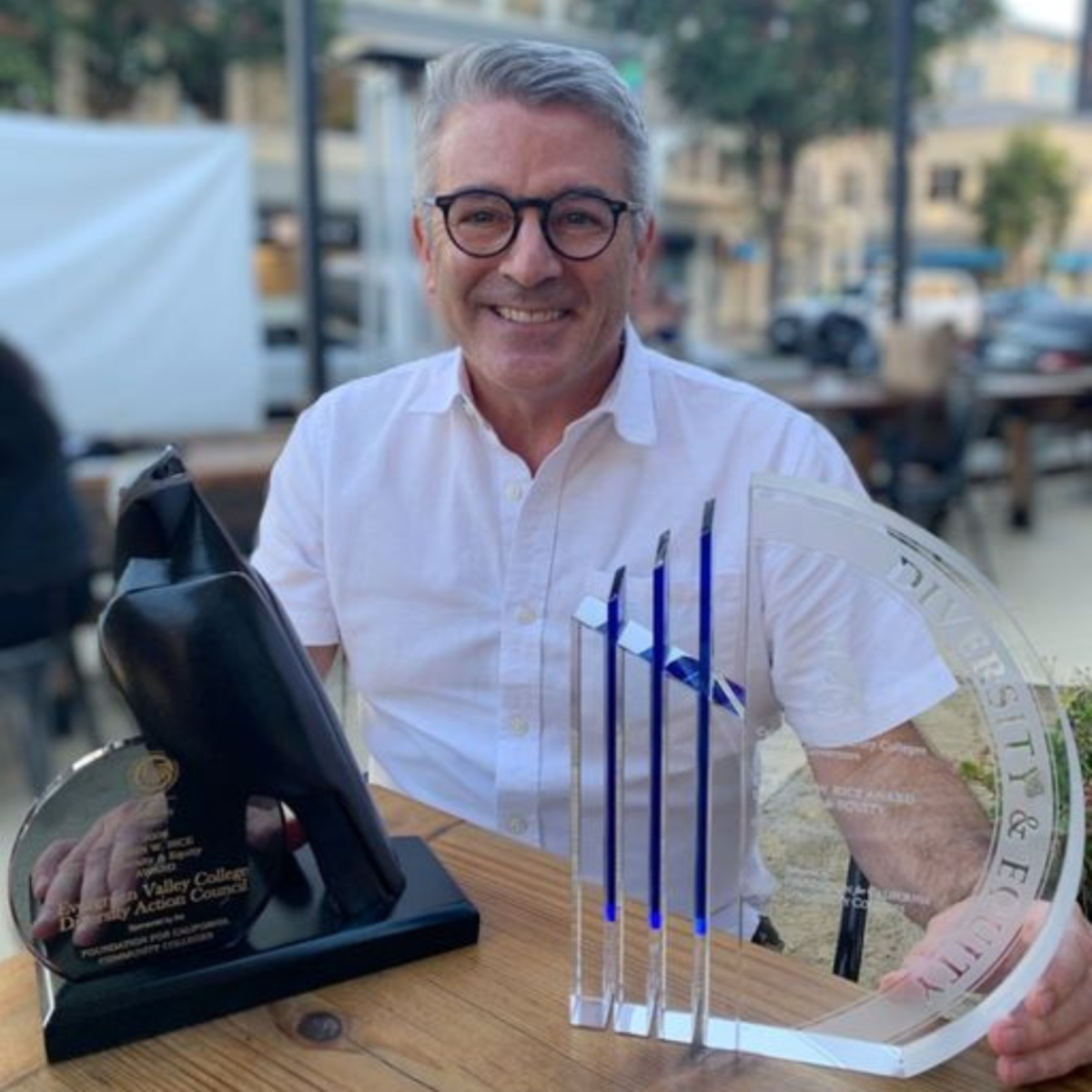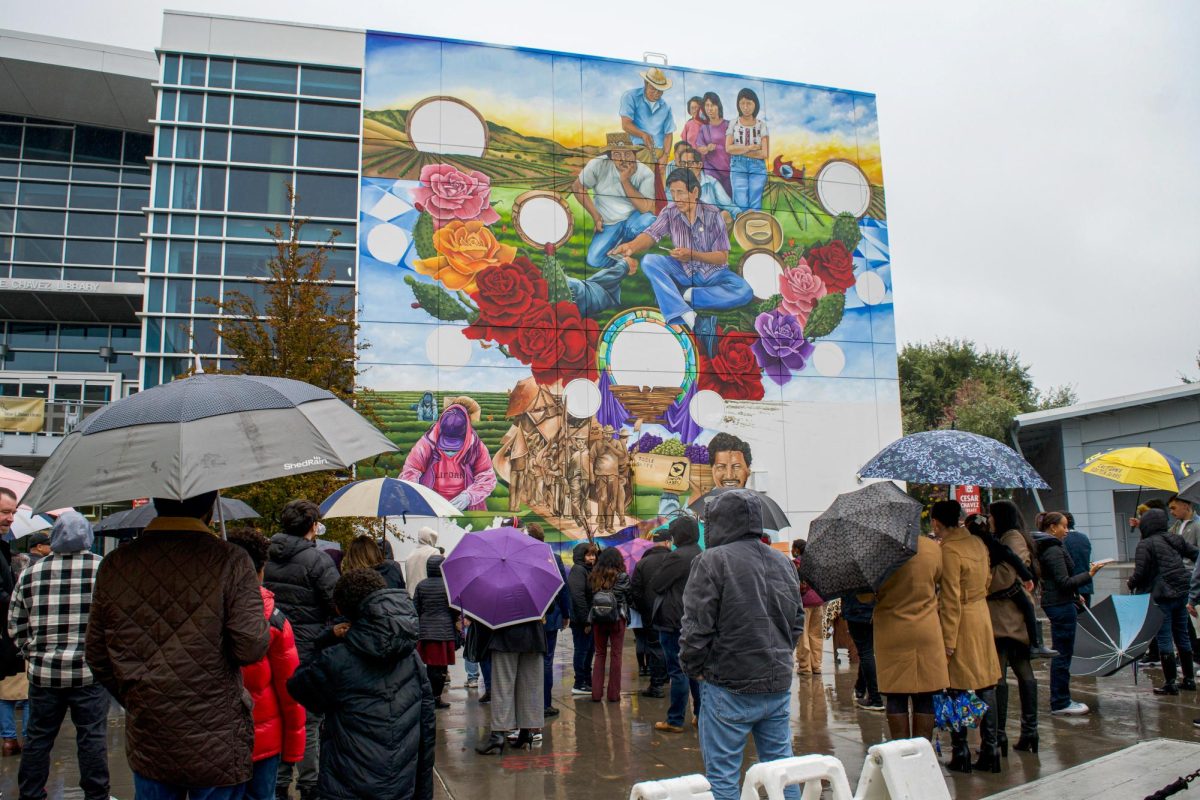San Jose Evergreen Community College District Chancellor Rita Cepeda visited the Academic Senate on May 1 to discuss the hiring process of a president for the college and to gather input on what characteristics the Academic Senate would like to see in that individual.
“We need to spend good solid time, do a national and through search to find the right individual and that takes time. We can’t complete the search by the end of this September,” Cepeda said.
Many of the senators expressed a concern of permanency from the new hire.
“We really need someone who knows the area and wants to make their life in San Jose,” Senator Leslie Rice, English as a Second Language Instructor said, “we have yet to find that person in the last two hires.”
A president who currently resides in California might serve the community best some senators said.
“Someone who would be coming from outside of California and isn’t used to California Community colleges, the culture shock is difficult,” said Senator Dan McElroy, computer information instructor.
“The homegrown factor is important. Someone who is a dean and promoted within is far less likely to move on” Senator Phil Crawford, Administration of Justice faculty said. “As we give out one-year contracts it is risky (for a president) to come here. We may need to work with an individual to grow them into the job.”
While Cepeda agreed that permanency is important, she said, “The main point is quality and competency.”
Other attendees expressed their various thoughts of the ideal presidential candidate.
“I would like to see someone who is visible and can develop a feeling of family. I don’t see that here. There is currently a sort of a contention (on campus) thing,” said Senator Joseph King, Library Coordinator. “I would like someone who goes around visiting faculty and hears the faculty voice.”
The detrimental attributes of a of a college president were also expressed.
Jonathan Marinaro, 25, journalism major said, “I don’t want an individual who is task-oriented, and after the job is accomplished, they feel they can move on. We are not looking for a problem solver but for someone who wants to be a part of and understands the community college.”
The chancellor’s timeline is to fill the president position in one year from this fall semester, “and then I want to see that we have someone on board by next (one year from now) fall.”
Cepeda acknowledged plans to use a search firm for finding candidates.
Rice said, “It concerns me we are spending money to hire a search firm if we can do it ourselves.”
“Use of an outside firm gives us access to well-qualified, high-caliber candidates currently serving in high positions who do not want anyone to know they are job shopping. Use of a search firm is the only way you can keep that confidentiality,” Crawford said. “Without a search firm, you would lose a lot of candidates who do not want their board to know they are looking for other job opportunities.”
Supporting Cepeda’s view that the college needs to do a national and thorough search, Vice Chancellor Kim Garcia said, “using a search firm is another way to go out with our message to get a good pool of people.”
Future presidential informational meetings are as follows:
May 10 – CSEA/Classified
May 17 – Faculty Association
May 21 – Managers and Supervisors
Interim President
Cepeda plans to fill the interim president position before President Barbara Kavalier leaves. She said she had received a large number of qualified candidates which will be whittled down to eight possibilities. After one-on-one interviews with the chancellor, this number of eight will be reduced to three finalists to present to the respective hiring committee.
“The duties of the interim president are to maintain the college’s current momentum,” Cepeda said, “and prepare ground for the new leader without instituting any major changes.”


